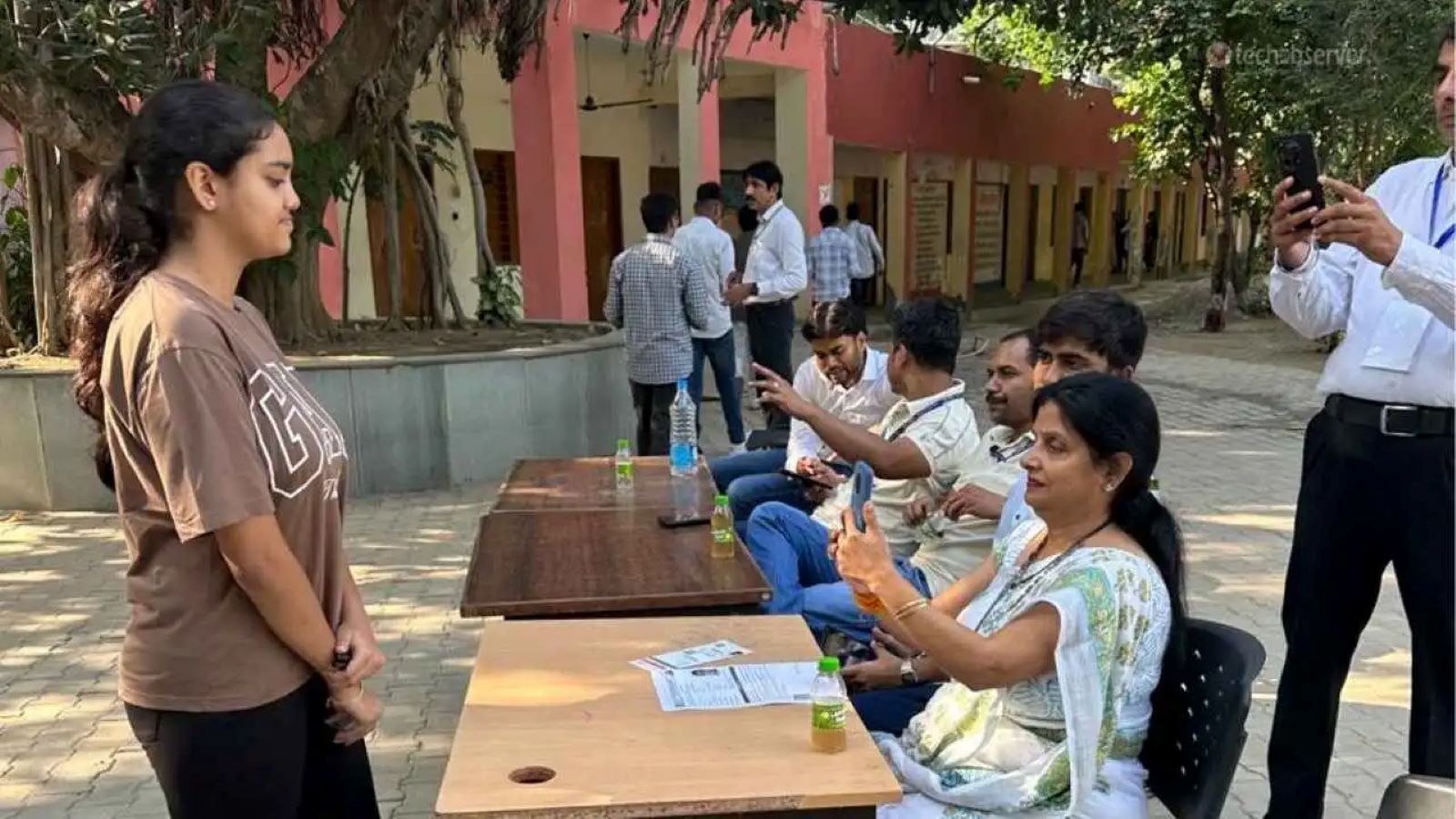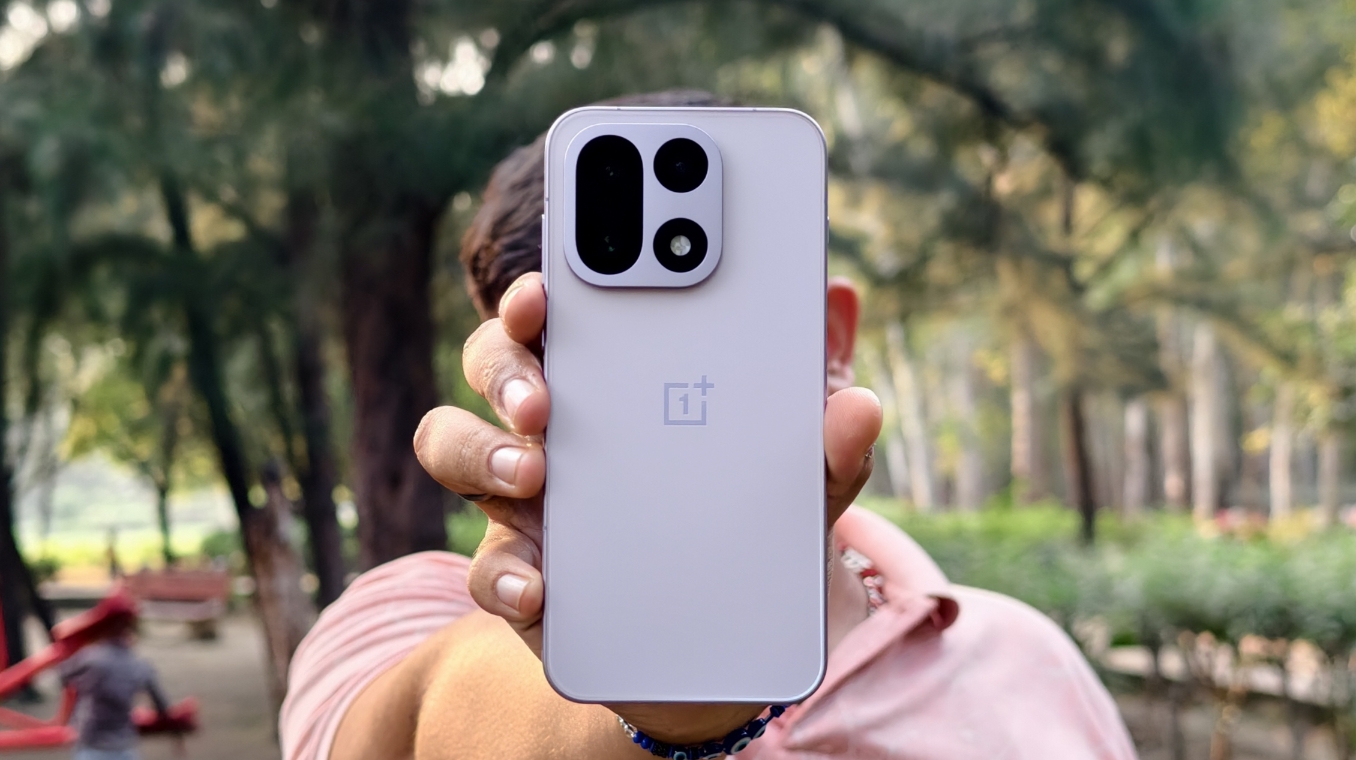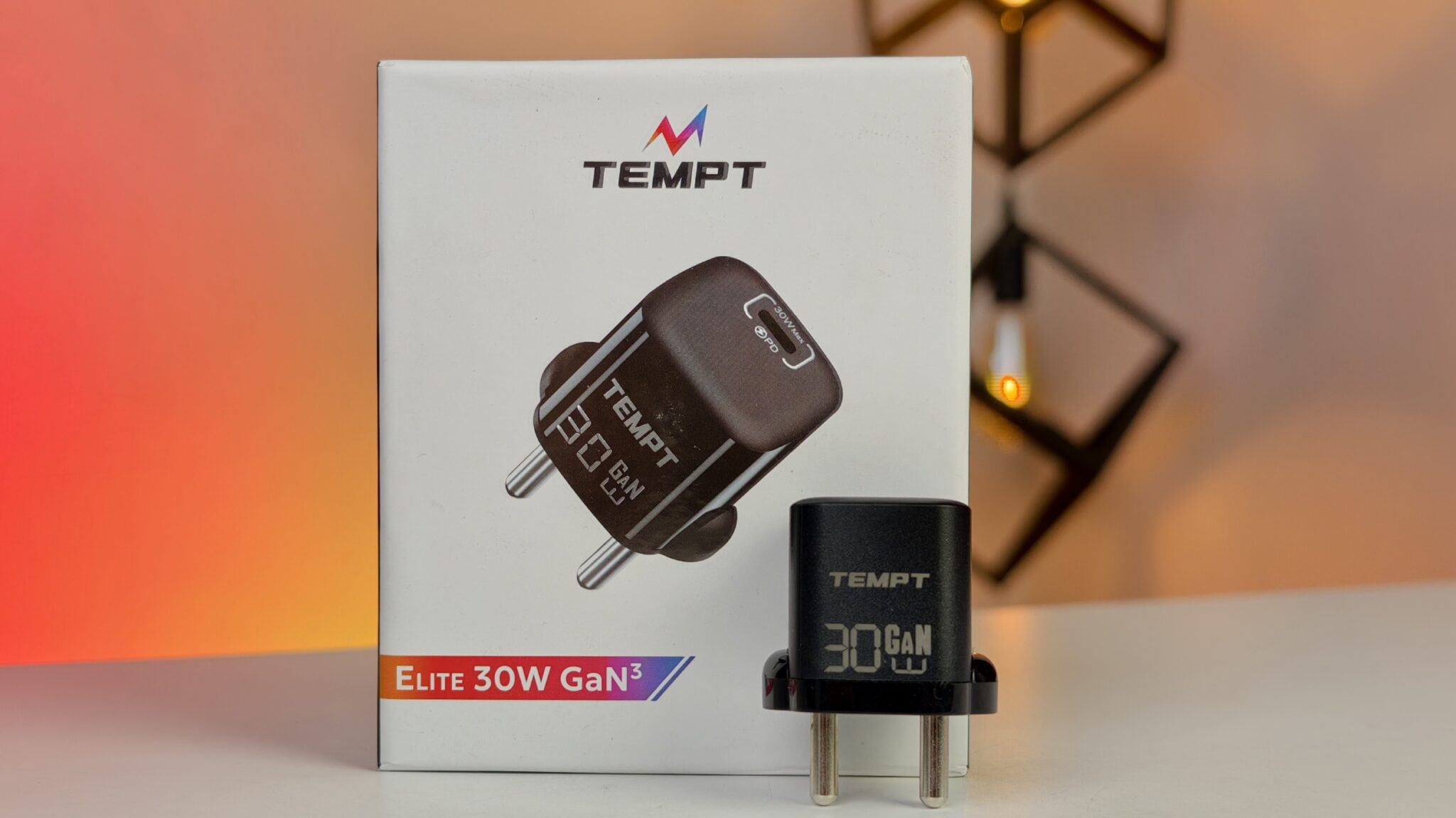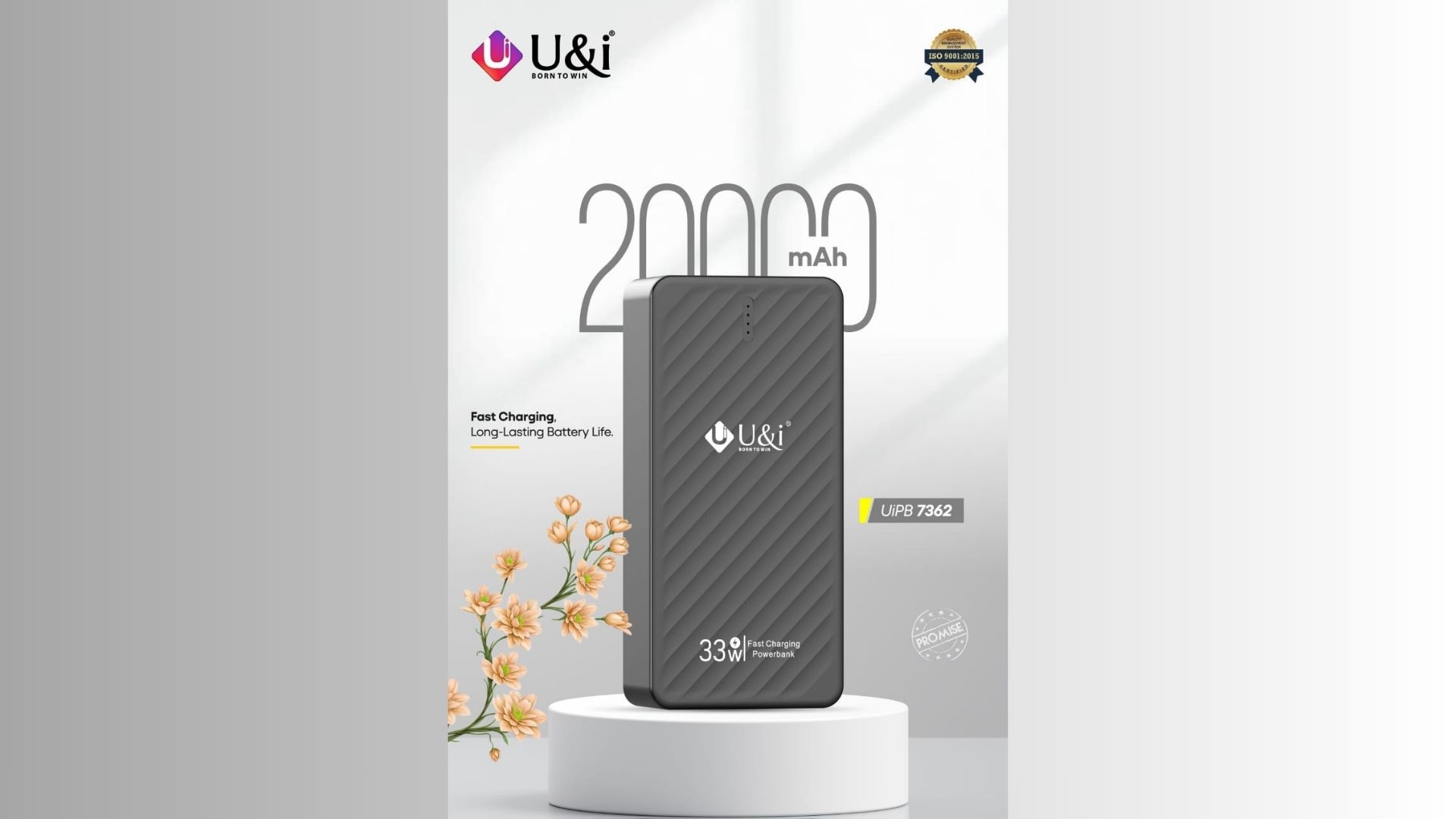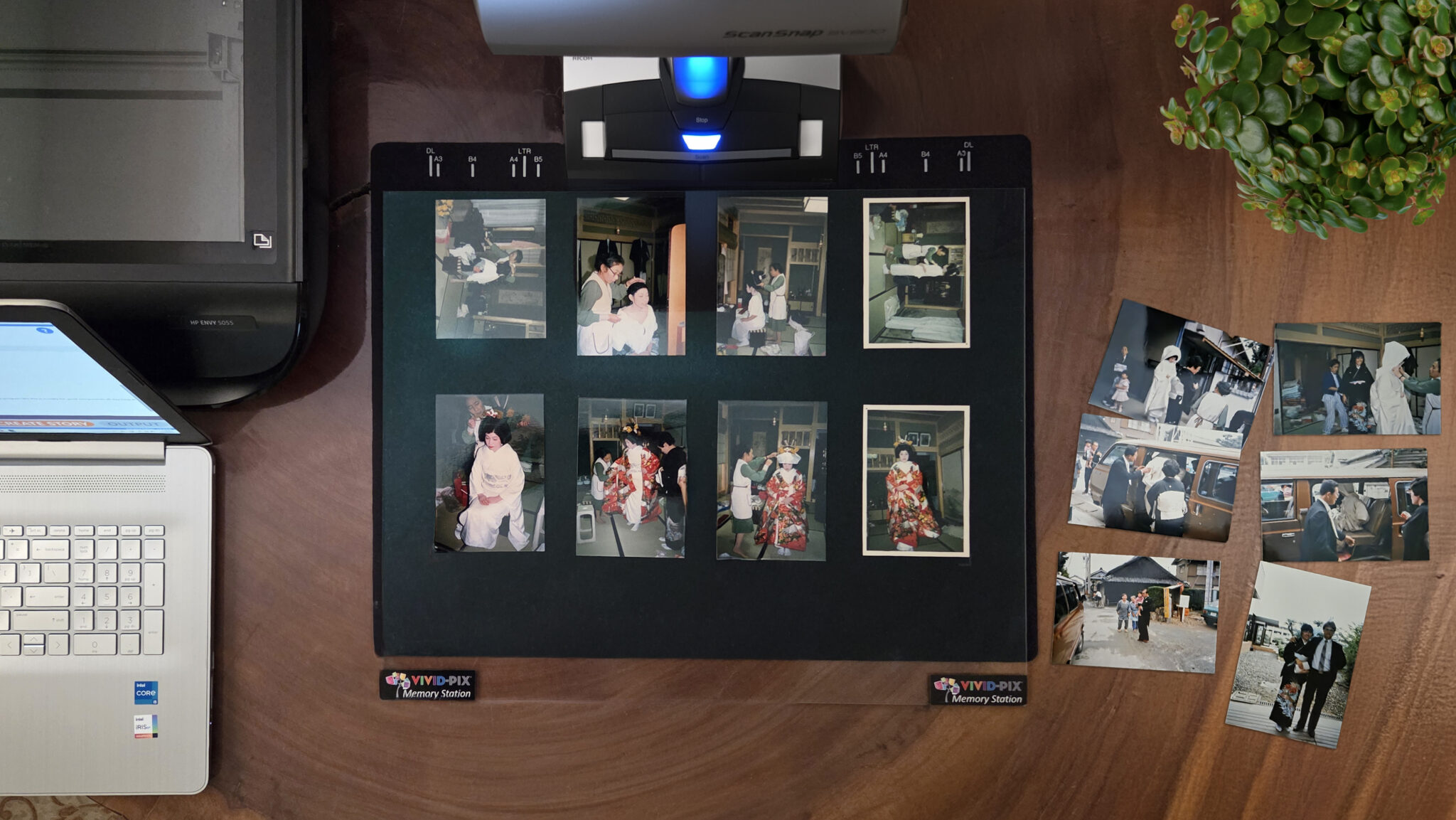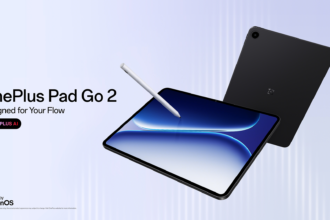The Union Public Service Commission (UPSC), which oversees recruitment for India’s most prestigious government posts, has decided to bring in artificial intelligence for a critical task: verifying candidates at its examination centres. The commission will now rely on AI-based facial recognition and iris scanning to confirm identities, aiming to put an end to impersonation attempts that have long been a concern in such high-stakes exams. This technology will come into play during both registration and the actual test, covering a wide range of recruitment examinations.
Key Takeaways
- UPSC is now using AI-powered facial recognition to verify candidate identities.
- The system is primarily aimed at stopping impersonation, where another person tries to take the exam on behalf of a registered candidate.
- The new measure will work alongside existing checks such as admit card verification and fingerprint scanning.
- Lakhs of aspirants, including Civil Services candidates, will be affected by this shift.
For years, the commission has grappled with the challenge of verifying millions of applicants for large-scale public exams like the Civil Services Examination, which serves as the entry point for the IAS, IPS, and other top administrative services. With such massive participation, depending solely on manual checks has often proved difficult, even with ID verification and biometric measures.
The updated system introduces an extra layer of scrutiny. At the exam centre, a candidate’s photograph will be taken and instantly cross-checked with the one provided during application. The AI software does this by mapping out unique facial features and comparing them in real time. It’s precise enough to flag even minor differences, making impersonation far more difficult than before. Despite the sophistication, officials say the process won’t slow things down for test-takers.
This step is part of a wider push by UPSC to integrate technology into its examination process. Previous measures included physical admit cards, identity proofs, and later fingerprint authentication. The commission has clarified that AI verification is not a replacement but an addition, designed to work in tandem with existing safeguards. A layered security system, they believe, significantly lowers the chances of fraud and strengthens trust in the selection process.
Aspirants themselves seem divided. While some appreciate the fairness such technology could bring, others are voicing concerns. Data security is one recurring question, as is the reliability of facial scans under conditions like poor lighting or a candidate’s changed appearance. UPSC, for its part, has assured that all biometric data will be stored securely and used strictly for verification purposes.
Frequently Asked Questions (FAQs)
Q. How does the UPSC’s AI facial recognition work?
A. The system captures a live photo of the candidate at the exam centre and uses an AI algorithm to compare it with the photograph submitted during the application process. It verifies identity by matching unique facial characteristics.
Q. What happens if the system fails to recognise a candidate?
A. In case of a mismatch, exam centre officials will perform manual verification using the candidate’s admit card and government-issued photo ID. The existing biometric verification with fingerprints will also be used as a backup.
Q. Is my personal data safe with this new system?
A. The UPSC has said that the facial data collected will be encrypted and stored securely on government servers. Access to this data will be restricted and it will be used solely for identity verification during the examination process.
Q. Will this technology be used for all exams conducted by UPSC?
A. The UPSC plans to introduce this technology in a phased manner. It will likely be first used in large-scale examinations like the Civil Services Preliminary Examination before being extended to other recruitment tests.


